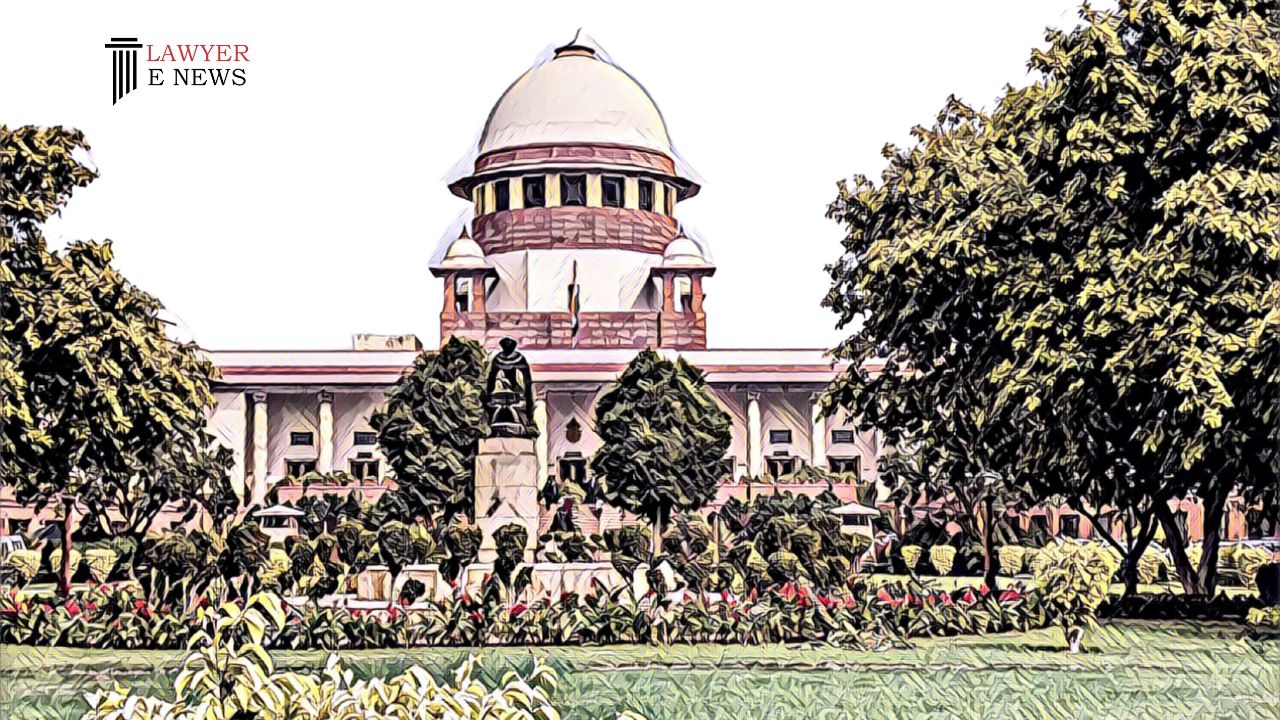-
by Admin
15 February 2026 5:35 AM



On 28 April 2023, In a significant judgment, the Supreme Court of India has upheld the validity of the pre-import condition imposed under the Advance Authorization scheme in the context of the Goods and Services Tax (GST) regime. The bench comprising Justices S. Ravindra Bhat and Dipankar Datta delivered the verdict, affirming that the introduction of the pre-import condition is a legitimate exercise of legislative choice and does not amount to arbitrariness or unreasonableness.
The case pertained to the challenge against the imposition of the pre-import condition, which requires exporters to pay duties and fulfill certain conditions for importing inputs under the Advance Authorization scheme. The petitioners contended that such a condition was arbitrary and violated their rights. However, the Supreme Court, after a detailed examination of the issue, dismissed their arguments.
The court emphasized that in matters of economic regulation, judicial deference should be accorded to legislative judgment, and interference is warranted only if the policy decision is patently arbitrary, discriminatory, or mala fide. It further held that the inconvenience caused to exporters due to the requirement of paying taxes and fulfilling conditions for importing inputs was a consequence of the transformative GST regime, which aimed at unifying the market and streamlining the taxation structure.
Addressing the issue of retrospective application of notifications, the court ruled that giving retrospective effect to a notification through interpretation would be impermissible under the law. Therefore, the notifications in question were not faulted for arbitrariness or classification as they were not retrospective in nature.
Regarding the refund of taxes, the court clarified that there is no constitutional entitlement to seek a refund and that Parliament has the power to curtail the right to refund or exemption. The differential treatment of goods and services in terms of the refund of unutilized input tax credit was deemed permissible and not violative of the principles of equality.
In terms of relief, the court directed the Revenue to allow the respondents, who had been enjoying interim orders, to claim refunds or input credits. The respondents were instructed to approach the jurisdictional commissioner and submit their claims with supporting documentary evidence within six weeks from the date of the judgment. The claims will be examined on a case-by-case basis. Additionally, the Revenue was directed to issue a circular providing a convenient procedure for the same.
UNION OF INDIA & ORS. VERSUS COSMO FILMS LIMITED
